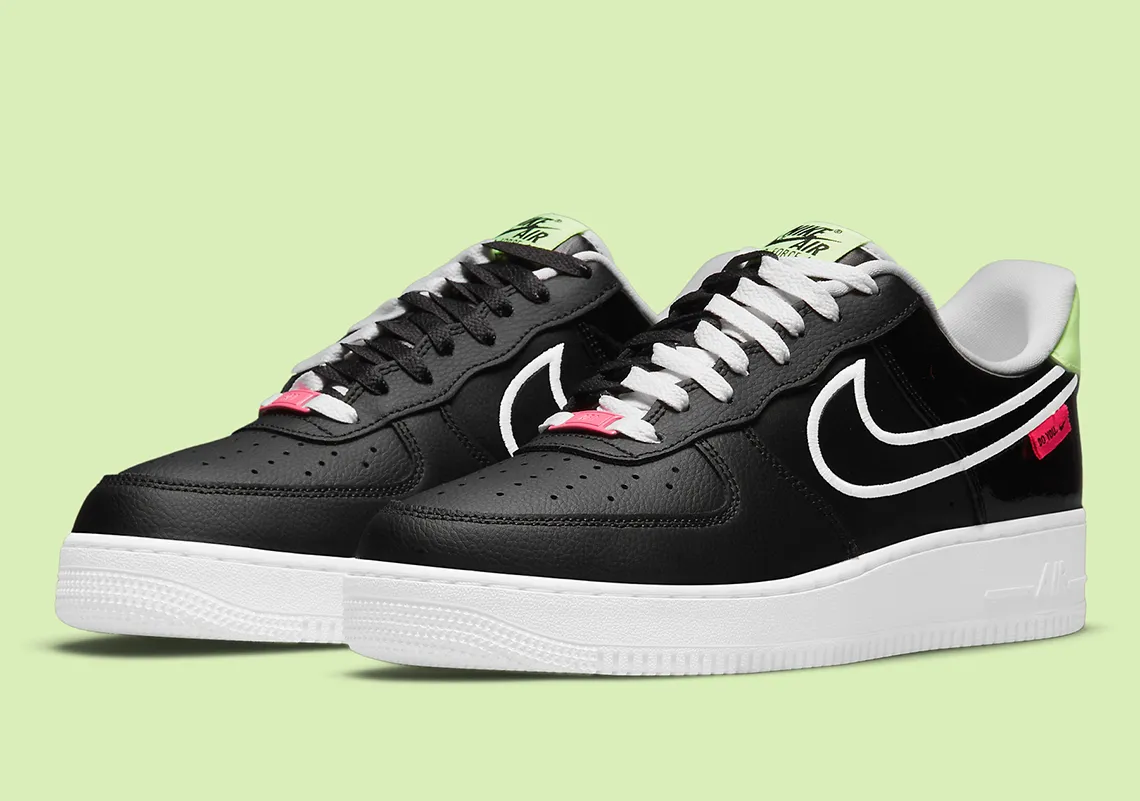
Nike didn’t make its billions alone. Most of its sales have come from selling to wholesale partners such as department stores, mom-and-pop shops, sporting goods specialists, and all the thousands of retail businesses Nike has long relied on to distribute its products to shoppers. Just a decade ago, in 2011, roughly 84% of Nike brand sales (pdf) were still to wholesale customers. Sales Nike made to shoppers itself, through channels such as its stores and website, amounted to just 16% of its business.
That balance is rapidly shifting. Nike’s sales straight to shoppers, which have been rising for years, accelerated in the past year as the firm’s overall business rebounded from the pandemic. In the company’s 2021 fiscal year, ended May 31, direct sales rose to approximately 39% of Nike brand sales (pdf), while wholesale accounted for about 61%. (These figures exclude sales of products from subsidiary brands such as Converse.)
Why Nike is selling to fewer retailers
The shift is part of a strategy Nike announced in 2017 called the “consumer direct offense.” A key element entails increasing Nike’s own sales to shoppers through its own immersive stores and digital channels, notably its suite of apps, including SNKRS, where it launches limited release products. Direct sales tend to have better margins since there’s no middleman taking a cut; they give Nike direct connections to customers and their data; and they allow Nike more control of its brand. Once Nike sells to a retailer, it has limited say in how its products are displayed, meaning they can end up crammed onto shelves alongside competitors in a generic mass.
At the same time, Nike has been culling the number of retailers it sells to, pulling products from what it deems “undifferentiated” shops that lack a strong identity or don’t offer Nike a different customer than it reaches on its own. These include independent stores and big chains alike. Recently it has ceased sales to Urban Outfitters, DSW, and Macy’s, according to research from Sam Poser, an analyst at investment firm Williams Trading.
Nike’s wholesale business still matters
That’s not to say Nike’s wholesale business no longer matters. Nike made clear in 2017 it would prioritize a handful of retailers. “Today, we’re working closely with large strategic partners like Dick’s Sporting Goods, Foot Locker, and JD Sports, as well as compelling local neighborhood partners who are authentic to sport performance and lifestyle,” CEO John Donahoe said on the company’s June 24 earnings call.
Local skate shops, for example, have been vital to Nike’s distribution of its Dunk sneaker, which it carefully positioned to be one of the hottest shoes of 2021. Foot Locker, meanwhile, exemplifies how Nike manages to keep its wholesale business growing even as it cuts back on the stores it sells to. As some of its competitors get cut out of Nike’s distribution, it’s working even closer with Nike and buying more of its products, based on data published in Foot Locker’s annual reports.
Nike gets the best of both worlds: It’s able to keep its wholesale business growing, even as it slashes its number of partners. And it does more direct sales to shoppers.
The company plans to keep the shift going. By 2025, it expects direct sales, led by its digital channels, to reach 60% of its business.
The Link LonkJune 29, 2021 at 12:48AM
https://ift.tt/3qwmx9y
Nike's direct-to-consumer sales are taking off - Quartz
https://ift.tt/3g93dIW
Nike

No comments:
Post a Comment